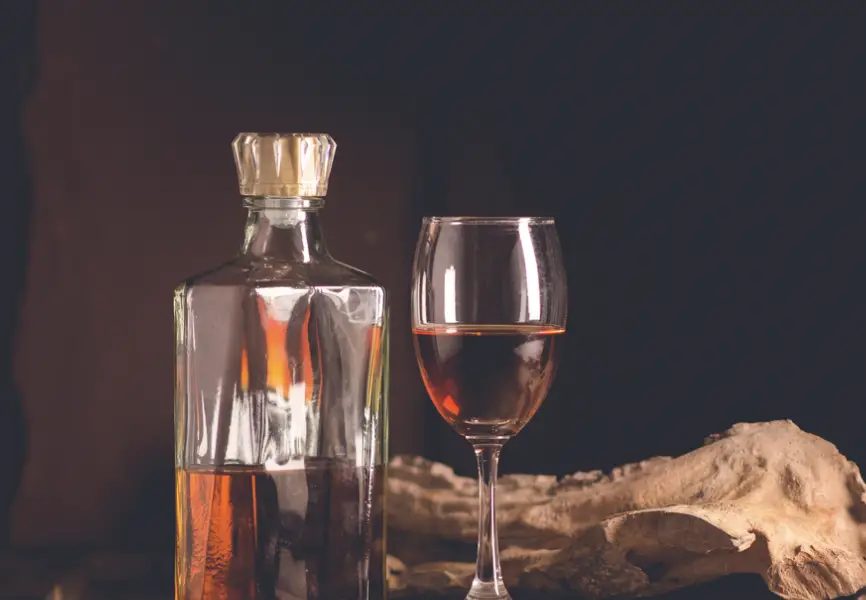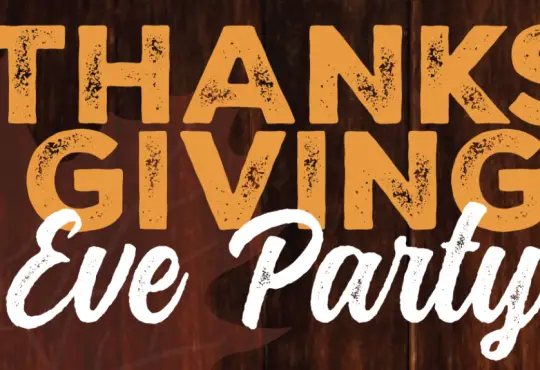
Bourbon and Wine: Exploring Whiskey’s Connection to Winemaking
When we think of whiskey, the first thing that comes to mind may not be its connection to winemaking. However, the world of whiskey and wine is intricately intertwined, with both beverages sharing a rich history and certain production techniques. In this blog post, we will delve into the fascinating relationship between bourbon whiskey and winemaking, uncovering the shared heritage, the influence of wine barrels on whiskey maturation, and the unique characteristics that arise from this symbiotic connection.
- A Shared Heritage:
To understand the connection between bourbon whiskey and winemaking, we must first explore their shared heritage. Both bourbon and wine are products of fermentation and distillation, processes that have been refined over centuries. The art of distillation was introduced to the Western world by Arabic alchemists, and its knowledge spread across Europe, eventually reaching the American shores where bourbon whiskey gained popularity. Wine, on the other hand, boasts a history that dates back thousands of years, with its origins in ancient civilizations such as the Egyptians, Greeks, and Romans. Both beverages have stood the test of time, evolving and adapting throughout history.
- Wine Barrels in Whiskey Maturation:
One of the significant connections between bourbon and wine lies in the use of wine barrels for whiskey maturation. While bourbon is required to be aged in new, charred oak barrels, winemakers use oak barrels to age their wines. However, once these wine barrels have fulfilled their purpose in the wine industry, they often find a second life in the whiskey world. When bourbon is aged in these ex-wine barrels, it absorbs some of the residual flavors and characteristics left behind by the wine. This process is known as “finishing” or “double maturation” and contributes unique flavor profiles to the bourbon, creating a fascinating fusion of wine and whiskey.
- Wine Cask-Finished Bourbons:
The practice of finishing bourbon in ex-wine barrels has gained significant popularity in recent years, resulting in the emergence of wine cask-finished bourbons. Distilleries have experimented with various wine casks, including those used for aging red wines like Cabernet Sauvignon, Merlot, and Pinot Noir, as well as barrels previously used for fortified wines such as Sherry and Port. These cask finishes impart additional layers of complexity to the bourbon, introducing notes of fruits, spices, and tannins that harmonize with the whiskey’s inherent flavors. The result is a delightful marriage of wine and bourbon, offering a truly unique drinking experience.
- Wine-Inspired Whiskey Innovations:
Beyond the use of wine barrels for maturation, the connection between bourbon and wine has inspired innovative creations in the whiskey industry. Some distillers have experimented with incorporating elements of winemaking into their whiskey production process. This includes techniques such as fermenting whiskey mash with wine yeast strains or using wine grape varietals in the grain bill. These approaches infuse the whiskey with subtle nuances, adding depth and complexity to the final product, while paying homage to the art of winemaking.
Conclusion:
The connection between bourbon whiskey and winemaking runs deeper than one might initially realize. From their shared heritage as fermented and distilled beverages to the influence of wine barrels on bourbon maturation, the relationship between the two is undeniable. By utilizing wine barrels for finishing or incorporating wine-inspired techniques into whiskey production, distillers have created a fascinating fusion of flavors, resulting in wine cask-finished bourbons and innovative whiskey expressions. This interplay between bourbon and wine opens up a world of possibilities, showcasing the creative spirit and the boundless potential for exploration within the realm of distilled spirits. So, whether you are a whiskey enthusiast or a wine lover, appreciating the connection between bourbon and wine can deepen your understanding and enhance your enjoyment of these timeless libations.






